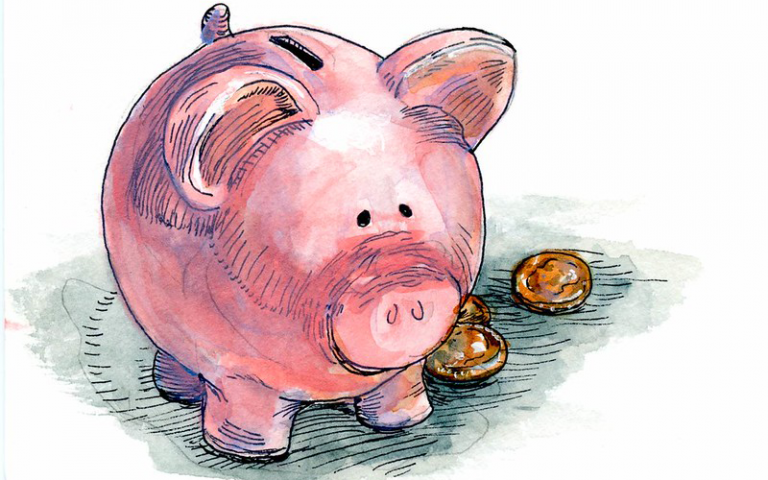Covid-19: Most disadvantaged 9 times more likely to struggle paying the bills
23 June 2020
Adults in the lowest socio-economic group have been almost nine times more likely to struggle to pay the bills compared to those from higher socio-economic groups, finds a new UCL study examining adversity relating to Covid-19.

The study, published with Epidemiology and Community Health, explored the changing patterns of adversity in the UK relating to the Covid-19 pandemic by socioeconomic position during the early weeks of lockdown from 25 March to 14 April 2020.
The study adds to a growing body of evidence showing that the most disadvantaged people in society have been adversely affected by the pandemic.
Dr Daisy Fancourt (UCL Institute of Epidemiology and Health) said: “Despite claims that Covid-19 is uniting societies and countries in shared experience, there has been concern that the pandemic is in fact exposing and widening existing inequalities within societies.
“Our study exposes the clear inequalities in adverse experiences during the Covid-19 pandemic in the early weeks of lockdown, and suggests that measures taken to try to reduce such adverse events did not go far enough in tackling inequality.”
The study draws on data from a survey of 12,527 UK adults who took part in the UCL Covid-19 Social Study, a panel study that involves online weekly data collection from participants during the Covid-19 pandemic.
The researchers focused on three types of adversity: (1) financial stressors (loss of work, partner’s loss of work, cut in household income or inability to pay bills), (2) challenges relating to basic needs (including food, medications and accommodation) and (3) experience of the virus itself (including contracting the virus, a close person being hospitalised and a close person dying).
The study found that individuals from the lowest socio-economic group were 1.5 times more likely to experience loss of work compared with people in higher socio-economic groups, and their partners were twice as likely to experience loss of work.
People in the lowest socio-economic group were also 7.2 times more likely to be unable to pay bills in week 1 (rising to 8.7 times more likely by week 3), 4.1 times more likely to be unable to access sufficient food in week 1 (rising to 4.9 times more likely be week 3) and 2.5 times more likely to be unable to access required medication.
Professor Andrew Steptoe (UCL Institute of Epidemiology and Health), said: “This gradient was evident across the overall number of adversities experienced and specifically across financial stressors and challenges relating to basic needs, including food, medications and accommodation.
“Notably, this experience of inequalities in financial stressors occurred in the wake of measures announced by government and banks in the UK such as mortgage holidays and furlough schemes aimed at reducing the financial shocks of Covid-19. This may be because benefits of the schemes did not come into effect immediately within the first month of lockdown or it may indicate that measures were insufficient and individuals of lower SEP still experienced a greater financial burden during the pandemic.”
In comparing the change in experience of each specific adversity over time by socio-economic group, the inequalities present in each individual adversity were maintained each week, with no evidence of improvement over time.
Dr Fancourt concluded: “It is clearly important that such inequalities are addressed, as there is the potential for a second wave of the virus that might trigger repeat lockdowns. Planning for the potential of future pandemics should consider how such inequalities could be reduced through early implementation of interventions such as further financial and business support to low-income households, to food charities and food banks, to food producers and to supermarkets, shops and delivery companies.”
The research was carried out by Dr Daisy Fancourt, Professor Andrew Steptoe and PhD student Liam Wright, and the research was funded by the Nuffield Foundation, UK Research and Innovation, the Wellcome Trust and Economic and Social Research Council.
Links
- Epidemiology and Community Health study
- UCL Institute of Epidemiology and Health
- Dr Daisy Fancourt’s academic profile
- Professor Andrew Steptoe’s academic profile
Image
Media contact
Natasha Downes
- tel: +44 20 3108 3844
- E: n.downes [at] ucl.ac.uk
 Close
Close

